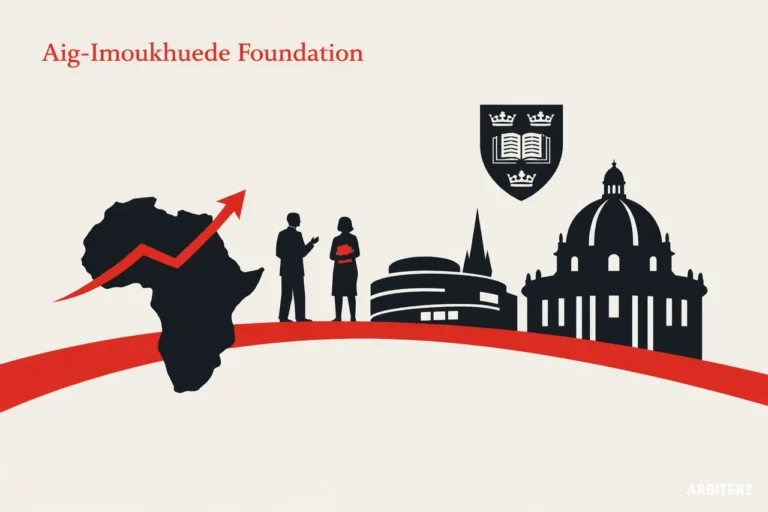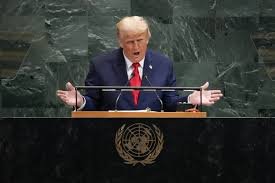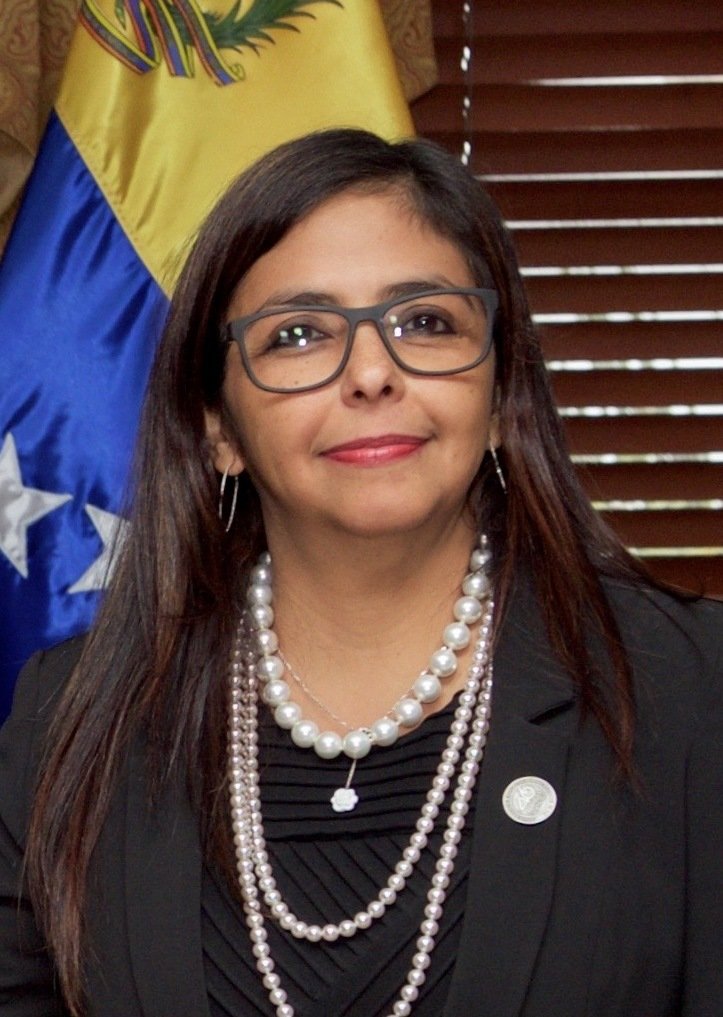The Federal Government plans to inject ₦12 billion into digital economy research projects to strengthen Nigeria’s global digital standing and accelerate the nation’s transition toward a knowledge-driven economy.
Minister of Communications, Innovation and Digital Economy, Dr. Bosun Tijani, announced the initiative at the 18th International Conference on Theory and Practices of Electronic Governance (ICEGOV) in Abuja.
The investment will fund three major research clusters across 18 universities in Nigeria, each focusing on a critical area of digital development. Dr. Tijani said the government’s goal is to build long-term research capacity in artificial intelligence (AI), digital literacy, and national connectivity.
“The Nigerian government is not just doing this as a show because immediately after ICEGOV last year, we funded over 55 research projects,” Tijani stated. “At the moment, we are putting together about ₦12 billion to fund further research projects that are focused on the digital economy.”
Tijani explained that each cluster will specialize in a strategic area to advance national digital inclusion. “We are setting up three research clusters of six universities, each one focused on artificial intelligence, and another focused on the biggest issue in our nation today, which is connectivity, where we are investing significantly,” he said. “Thirdly, because of our population, we are also funding another research cluster that is focused on digital skills and literacy.”
According to him, these investments are designed to expand Nigeria’s research base while ensuring that innovation benefits all citizens through inclusion and accessibility.
Tijani stressed that digital technologies now underpin every aspect of human progress and sustainable development. He said platforms like ICEGOV help countries explore emerging technologies responsibly while balancing innovation with ethical and social considerations.
Nigeria’s strong participation in ICEGOV 2024 earned it the right to host the 2025 edition, underscoring the country’s growing leadership role in digital governance.
ICEGOV Steering Committee Chair, Ms. Elsa Estevez, emphasized the need for global collaboration in managing AI and other transformative technologies. “In the past years, we were profoundly affected by digitally driven innovations, and we often adapt them without much reflection,” she said. “Such innovations dramatically change the way we interact, socially, work, build, and complement our capacities.”
Estevez urged governments to ensure that innovation remains people-centered and ethical. She added that digital governance requires public engagement, regulation, education, and awareness based on sound information ethics.
The Director-General of the National Information Technology Development Agency (NITDA), Malam Kashifu Inuwa, revealed that digital literacy will be integrated into Nigeria’s school curriculum starting in 2026. “In Africa, we have a very young population, our citizens are digitally native and they are all online, therefore governments need to meet them where they are,” he said.
He explained that the initiative forms part of the Federal Government’s broader Knowledge Policy and Digital Literacy Framework, aimed at equipping citizens and public servants with essential digital skills for improved service delivery.
According to Inuwa, federal ministries and agencies are already being trained to adopt digital tools that improve governance and efficiency. The ₦12 billion digital research funding, experts say, could help Nigeria close its digital gap, boost local innovation, and position the country as a competitive player in the global digital economy.


























